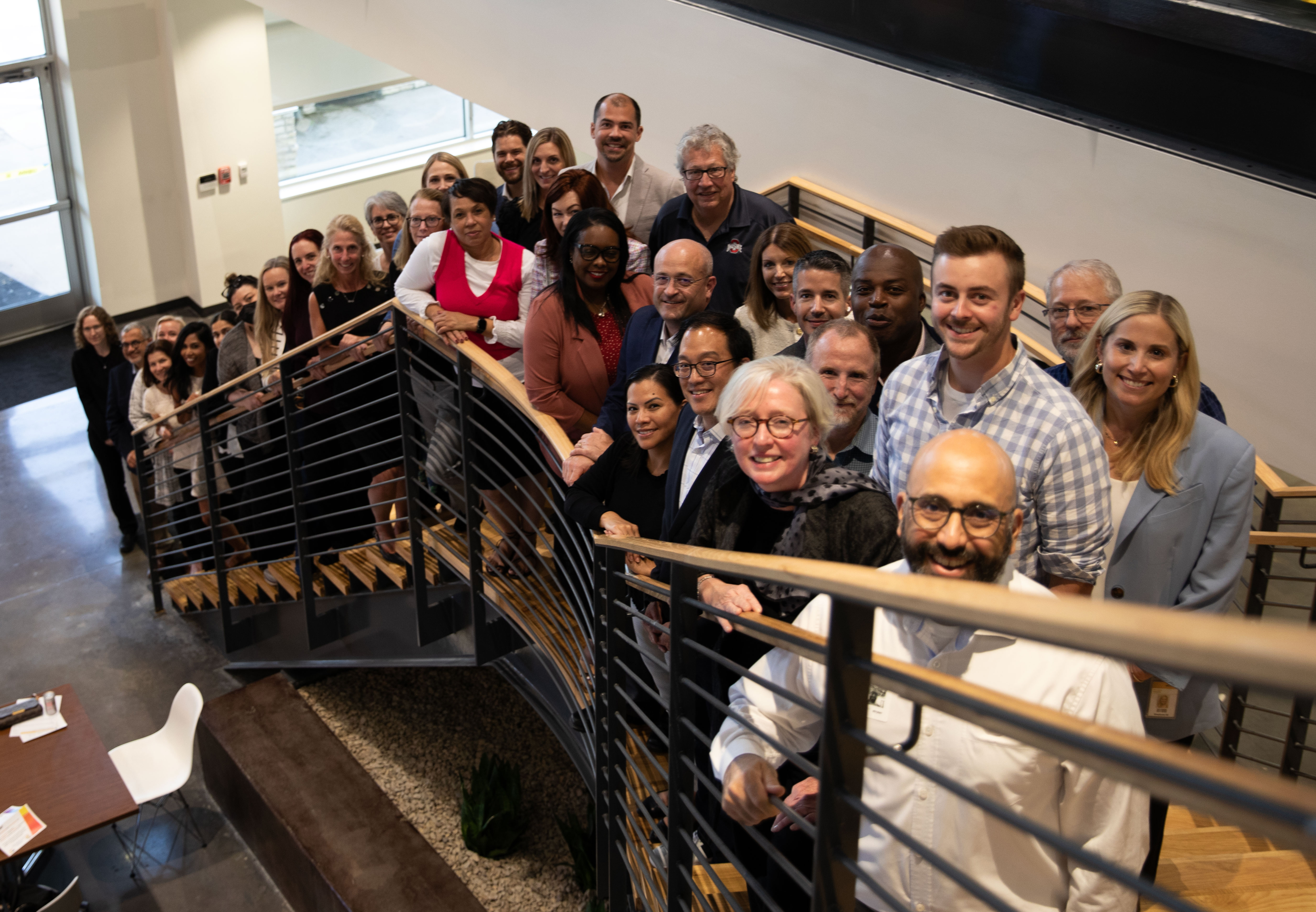Reimagining Nursing Looks at Intensive Care
The Reimagining Nursing Initiative kicked off in 2020 with the broad goal of disrupting, for the better, the profession of nursing in the areas of education, technology, and direct-reimbursement.

Two years and ten pilots into the program, the American Nurses Foundation, in partnership with Stryker, is expanding the scope of the Initiative by exploring high impact opportunities to innovate in the intensive care unit (ICU) in ways that improve the lives of nurses at work. Critical care is constantly evolving and the U.S. health care system is in need of new and innovative ways of delivering care in ever-changing environments with a more diverse, highly trained set of care team members. Challenges in the ICU include workforce shortages combined with increasing patient acuity and chaotic work environments that lead to burned out nurses and declining quality of patient care. To address these issues, the Foundation invited 22 thought leaders from multiple disciplines ranging from clinical nursing and informatics to pharmacy and medicine. These experts gathered at Stryker Communications headquarters in Flower Mound, Texas at the end of September and spent two days delving into the needs of the modern critical care unit and brainstorming ideas to solve them with the nurse always top-of-mind.
“Nursing in the ICU is critical because with an ever-changing health care environment and medical advances, we must have the best nurses providing the most optimal care to patients,” said Melissa Dorsey, MSN, RN, CCRN-K, NE-BC, Director of Critical Care Nursing & Cardiothoracic/Cardiovascular Nursing at Corewell Health in Michigan, one of the participants. The purpose of this gathering was to identify the top priorities facing the intensive care unit and outline key elements of focus areas in order to set criteria for pilots aimed at addressing the determined priorities from the perspective of the ICU nurse. Dr. Timothy Shiuh, MD, MHCDS, FACEP, Chief Health Information Officer at Christiana Care in Delaware summed up what’s at stake in the ICU and the importance of staying vigilant to the ever-changing needs of critical care. “Nursing in the ICU is critical because it encompasses caring, healing and comforting patients and families during their most vulnerable state, while embracing complexity, technology and a continuous willingness to improve and adapt.”
At the meeting the 22 participants were divided into three multi-disciplinary focus groups. The three groups explored topics of discussion and brainstorming exercises and then created concepts and pitched those concepts. Before arriving in Flower Mound, the meeting participants were given the parameters of thinking with one question: “If there were no constraints at all--budgetary, regulatory, system, process, or other-- what innovations in, or changes to, the ICU would you want to see?” This set the expectation that no ideas were off limits. Participants were to use the fullness of their experience, expertise, and imagination in visualizing the ICU of the future. The exercises were created with a design thinking approach and consisted of activities such as an “ICU Immersion” in which group participants walked the other members of their group through the experience of the ICU from the perspective of their respective disciplines. The groups then identified problems and suggested solutions with the creation of “How might we…?” statements that took an area of possible improvement and imagined how one might realize the ideal concept.
The event concluded with each group pitching solutions they had come up with during the course of the discussions. Among the innovative ideas presented was a wristband worn by patients that automatically takes the patients’ vitals and updates the electronic health record in real time. The wristband would offer a view of the patient’s medical history to the attending nurse or physician. Another group conceived a monitor worn by the nurse to measure the nurse’s stress levels to determine well-being, needed adjustments in staffing levels. and work assignments. There was also a major focus on the capabilities of artificial intelligence to decrease the cognitive load nurses are currently experiencing. The ideas and feedback were collected by the Foundation to be incorporated into a subsequent report on the event that will be used as the basis for a business case for the potential funding of future pilot projects.